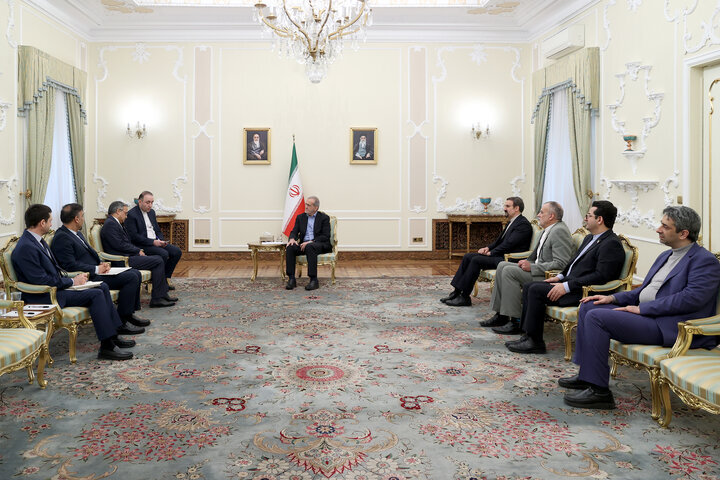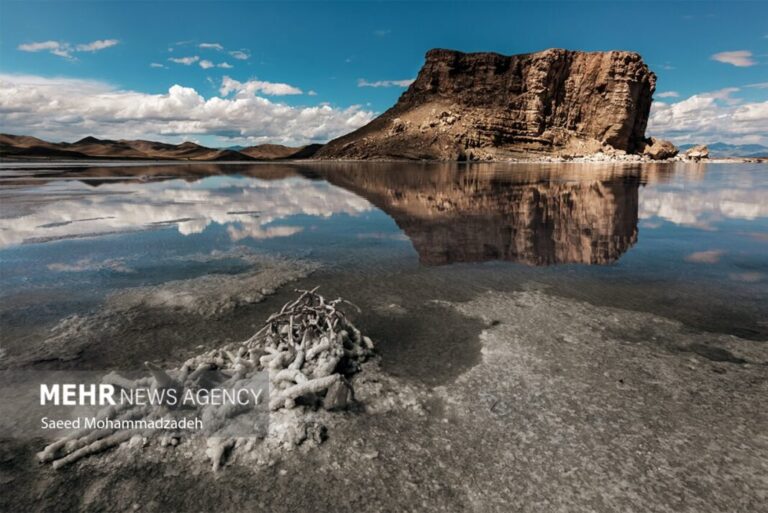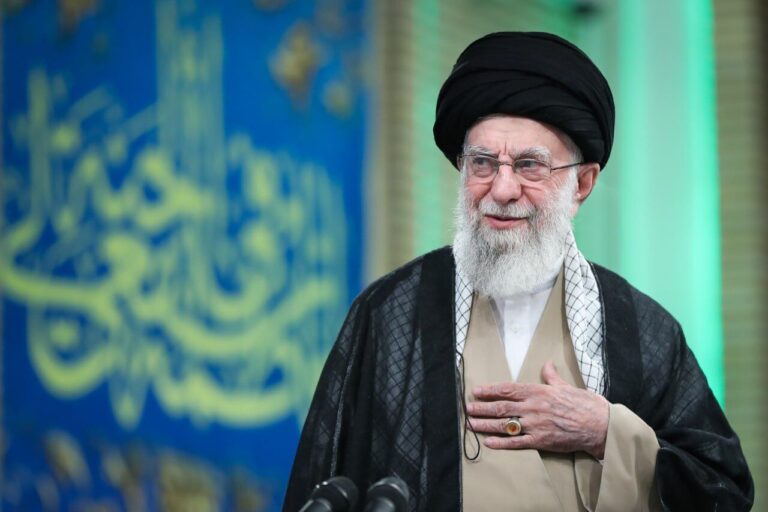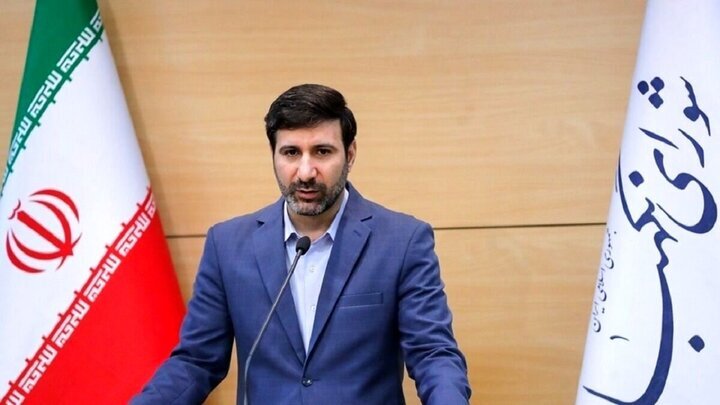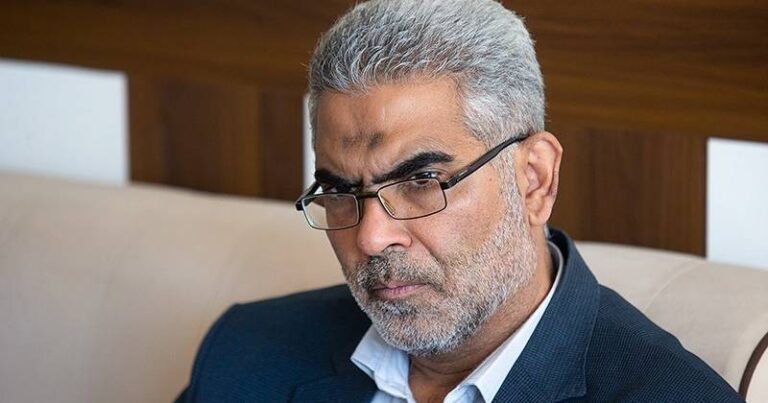OPEC Unity: How Member States are Countering US Sanctions Impact
In a significant diplomatic engagement, Iranian President Pezeshkian met with Haitham al-Ghais, the Secretary-General of the Organization of Petroleum Exporting Countries (OPEC), in Tehran on Wednesday. This meeting highlighted the importance of unity among OPEC member states in the face of external pressures, particularly from the United States.
During the meeting, President Pezeshkian expressed his belief that a united front among OPEC nations could have prevented the U.S. from imposing sanctions on any member state. He highlighted this point while congratulating al-Ghais on his reelection as Secretary-General. The President stated, “I believe that if OPEC member states act united with one another, the United States would have not been able to impose sanctions on one of its members.”
President Pezeshkian emphasized the need for collective efforts, saying, “Just as we seek to strengthen consensus, unity and amity in the country, we also seek to strengthen brotherhood among our neighbors and Islamic countries.” He pointed out the necessity of establishing a common language, vision, and policy among OPEC members to enhance cooperation.
In response, Haitham al-Ghais acknowledged Iran’s constructive role within OPEC. He remarked, “Iran, as one of the founders of OPEC, has always played a positive and outstanding role in the organization.” This recognition underlines Iran’s significant influence and historical contributions to the organization.
Al-Ghais further elaborated on the importance of cooperation among member countries, stating, “We have tried to strengthen cooperation and interaction among member states in pursuit of the collective interests.” He stressed that this spirit of collaboration is crucial for the future of OPEC and its member states.
Moreover, al-Ghais noted that improved relations between Iran and Saudi Arabia have positively impacted OPEC’s performance in the global oil market. He stated, “Improved relations between Iran and Saudi Arabia have made OPEC play a stronger role in the market as compared to the past.” This statement reflects the broader geopolitical dynamics affecting oil production and pricing strategies within the organization.
The meeting signifies a pivotal moment for OPEC, especially with the current global energy challenges. Strengthening unity among member states can lead to enhanced stability in oil markets, which is vital for both producers and consumers. Here are some key points highlighted during the meeting:
- Unity Among OPEC Members: The need for a cohesive strategy to counteract external pressures, particularly sanctions.
- Iran’s Role: Recognition of Iran’s historical contributions to OPEC as a founding member.
- Future Cooperation: Emphasis on the importance of ongoing collaboration among member states for mutual benefit.
- Regional Relationships: Improved ties between Iran and Saudi Arabia could bolster OPEC’s influence in the oil market.
As OPEC navigates the complexities of the global oil landscape, the commitment to solidarity among its members will be critical in addressing challenges and seizing opportunities. The discussions led by President Pezeshkian and Secretary-General al-Ghais mark a step forward in fostering a collaborative atmosphere within OPEC.
Looking ahead, OPEC’s ability to maintain unity while adapting to changing market conditions will determine its effectiveness as a key player in the global energy sector. The dialogue initiated in Tehran underscores the potential for increased cooperation and collective action among member states, which could ultimately lead to a more stable oil market.
In conclusion, the meeting between President Pezeshkian and OPEC Secretary-General Haitham al-Ghais exemplifies the ongoing efforts to strengthen ties within the organization. As geopolitical dynamics continue to evolve, OPEC’s commitment to solidarity will be essential in navigating the complexities of the global oil market and ensuring the collective interests of its members are met.
